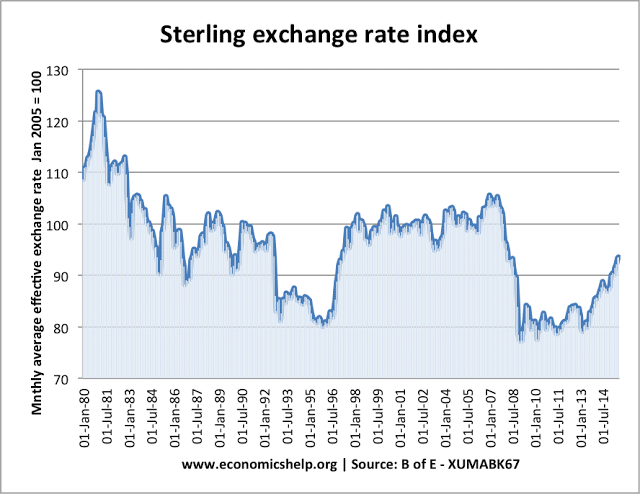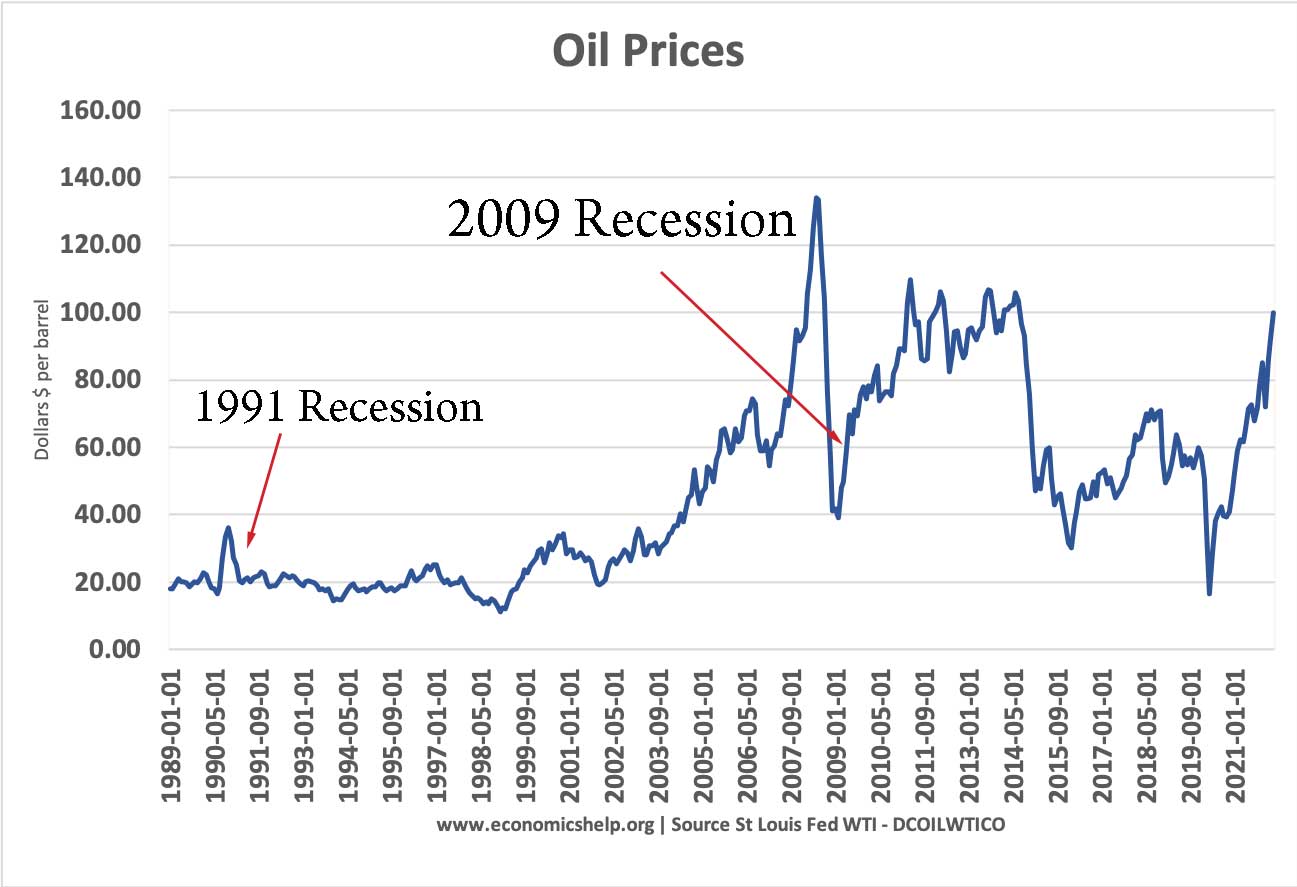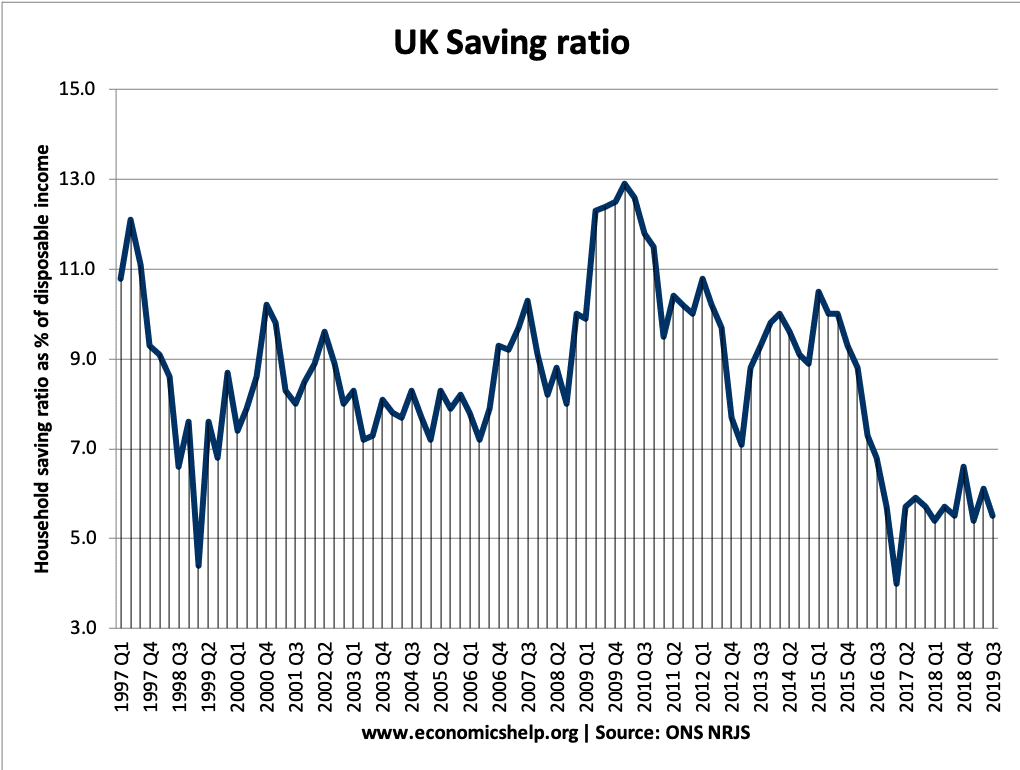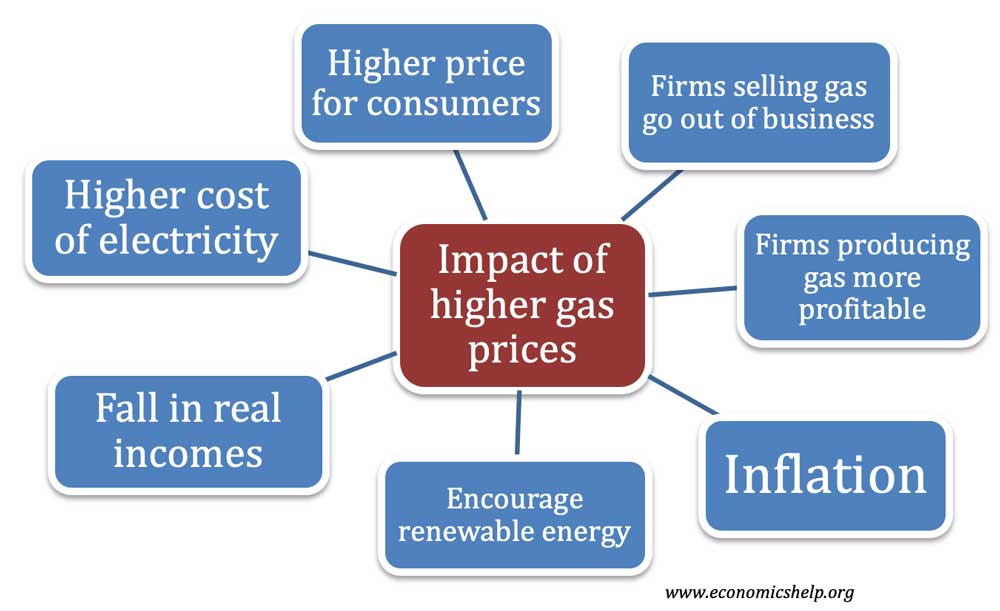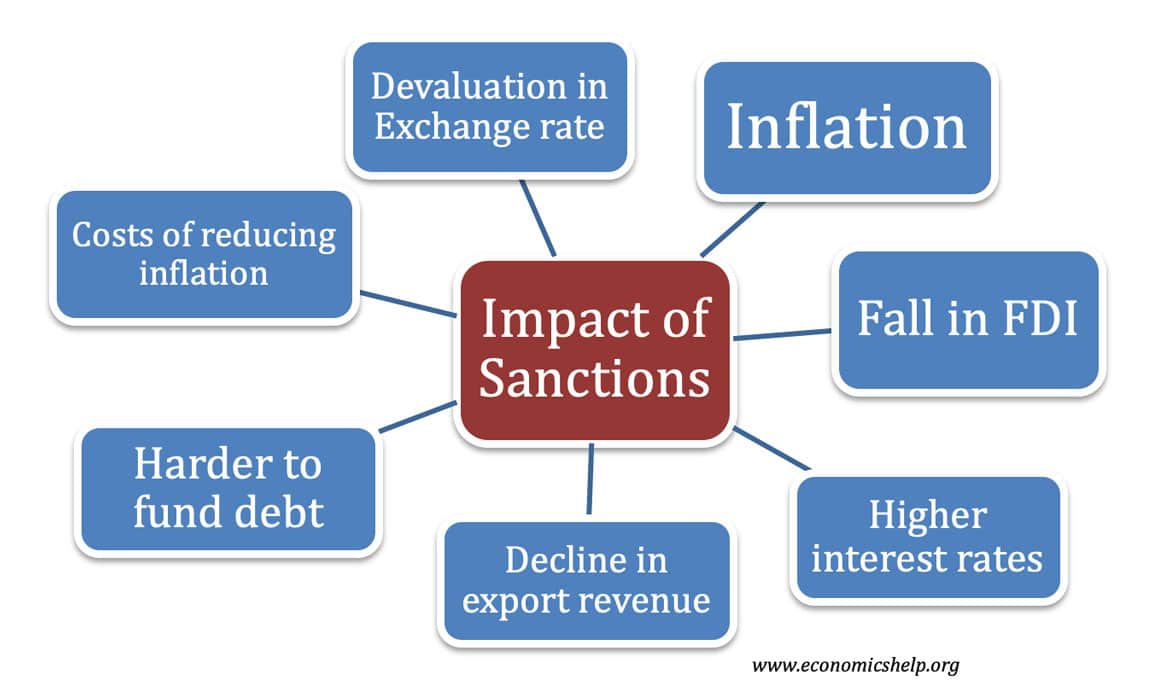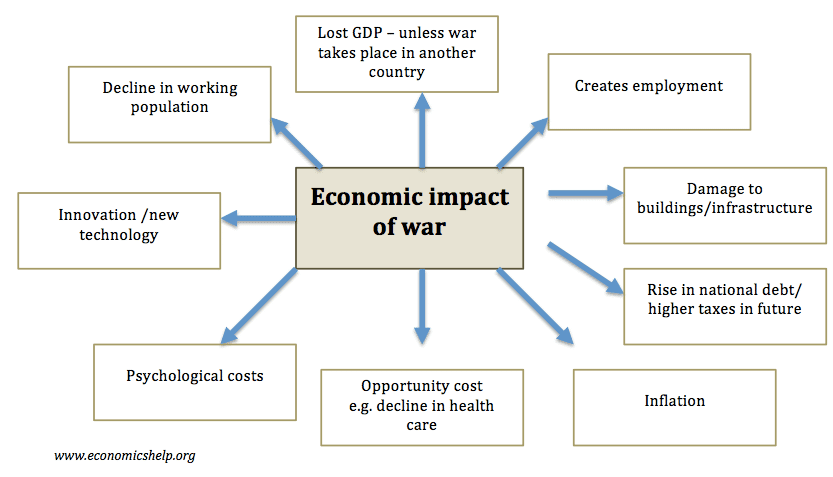Exchange rate movements – Sterling, Euro and Dollar
The effective exchange rate measures the value of a currency against a basket of other currencies. This exchange rate index is usually trade-weighted to take into account the relative importance of other currencies. When looking at the effective Sterling exchange rate we compare the value of Sterling against our main trading partners – The Euro, …

